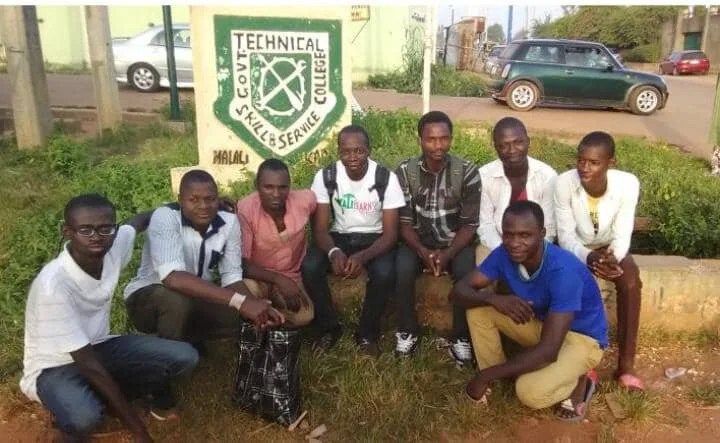Planning A YALILearns Session? Keep These Three Tips In Mind.
It wasn’t until Sunday Ubur was 10 years old that he began losing his hearing. In the years to follow, Sunday faced discrimination in his hometown in Benue State, Nigeria, as did many of his peers; he resolved then to take a stand for young leaders with disabilities. In October 2017, Sunday led a session on the YALI Network Online Course “Understanding Human Rights.” In this blog post, Sunday, a 2017 Mandela Washington Fellow, shares three ways other young leaders can organize a YALILearns session and change the world in ways big and small.
1. Know Thyself
Before planning his session, Sunday did a great deal of self-reflection, contemplating what issue areas moved him to act.
“During my Mandela Washington Fellowship in the United States, I experienced firsthand how individuals are respected and given equal opportunities irrespective of their disabilities,” Sunday says. “I realized: it’s time to teach our youth about their rights and how to demand them.”
Sunday encourages young adults to volunteer to better understand themselves and what good they can do in the world.
“Get involved in your community and volunteer,” Sunday says. “Going out and impacting lives is what gives meaning to life.”
“I knew from my work that I wanted my session to raise up a new generation of deaf youth who see themselves in a positive light, who believe in themselves,” Sunday says.
2. Start Small
Sunday found over the course of his work that many young adults are stymied by a lack of funding or connections in their community.
“Plan your first session with a small number of young adults and gain experience,” Sunday says.
“It’s these small steps, Sunday advises, that lay the foundation for a larger, more impactful session in the future. By testing the waters with a smaller session, Sunday explains, young leaders can also better understand what resources resonate with local audiences.”
“Don’t wait until you have a lot of money,” he adds. “You can start with what you have. The impact will open the doors to more support.”
3. Find Partners
Though Sunday advises young leaders to push ahead in the face of seeming obstacles, he does acknowledge the clear funding barriers that exist in the state and sees collaboration as its antidote.
“You don’t need to organize your session alone,” Sunday says. “Find other young leaders who are passionate about the same issues and team up. Collaboration will always make the work easier and the impact more far-reaching.”
“Many organizations have corporate responsibility schemes to support and improve their communities,” Sunday says. “Consider approaching those businesses for support.”
As Sunday sees it, it’s up to young leaders across Nigeria to take up the mantle of human rights and advocate for their peers.
“I would like to be remembered as someone who didn’t let his hearing keep him from following his dreams, from contributing to the betterment of the world, and from inspiring others to believe in what’s possible.
”
The views and opinions expressed here belong to the author or interviewee and do not necessarily reflect those of The Youth Cafe.


